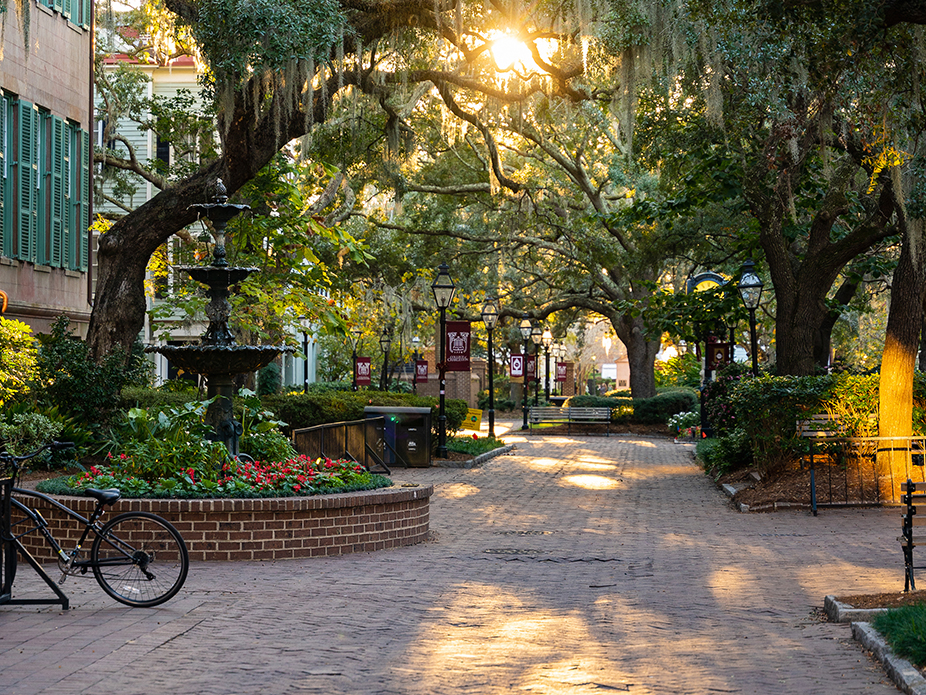Department of History
History is a core field in the humanities, a field of human inquiry designed to give you the knowledge and skills vital for confronting 21st-century challenges. Today’s problems also confronted people in the past, and historians’ efforts to understand how they faced these threats provide valuable insights today.

Why study history at College of Charleston?
Studying history will give you the tools to understand the world. You’ll add perspective to your knowledge of society and politics, and hone crucial skills valued in today's rapidly changing, information-based economy. Organizations such as the History Club and Phi Alpha Theta (the honor society for students of history) give you the opportunity to network with each other and build social skills that will help later in life. Along the way, you’ll develop professional skills like:
- Critical thinking
- Research and writing
- Evidence based analysis
- Public speaking
- Working with diverse teams
Our graduates have gone on to successful careers in medicine, law, public history, archive management, museum work, business, teaching, and more. If you’re interested in history, you should consider studying it at the College. The skills you learn here will help you no matter what eventual career you choose.
Why Study HistoryWhat makes Charleston special?
The College of Charleston is one of the oldest colleges in the United States, and its location in one of America's most historic cities makes studying history here particularly exciting. Experiential learning opportunities at historic sites abound. Our faculty, made up of dynamic teacher-scholars, is adept at leading valuable student-faculty research. Discover what historic era mosts interests you and our professors will help guide you toward a successful academic career.
Student Opportunities
The Department of History offers numerous extracurricular and experiential learning opportunities for its students. You can participate in student clubs, study abroad, conduct research with faculty, complete internships and apply for awards and scholarships. Learn more.

